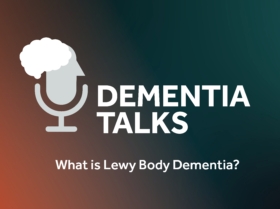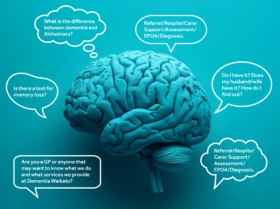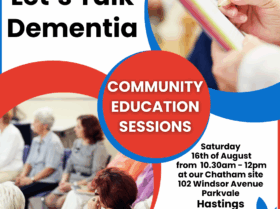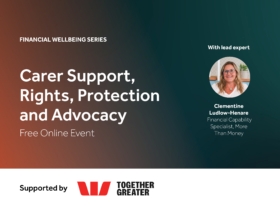Take the first step
If you think you or someone you care about may have dementia, it is important to see your GP for an assessment as soon as possible.
If you think you or someone you care about may have dementia, it is important to see your GP for an assessment as soon as possible.
There are currently over
people living with dementia
in Aotearoa New Zealand
In 2050, this will increase to
people living with dementia
in Aotearoa New Zealand
DONATE NOW
Please select the region you wish your donation to benefit: *
Dementia New Zealand and its Affiliates do not engage in telemarketing. For more information, visit Ways to Donate.
DONATE NOW
Please select the region you wish your donation to benefit: *






Notifications